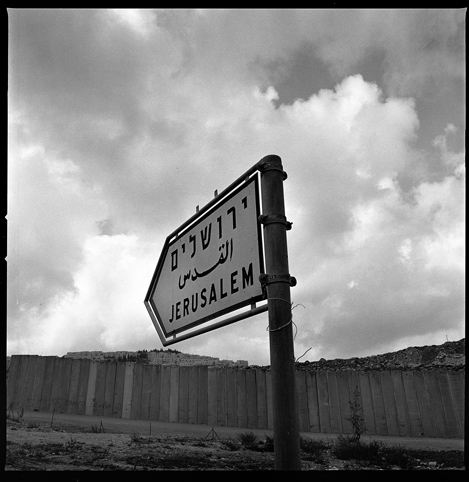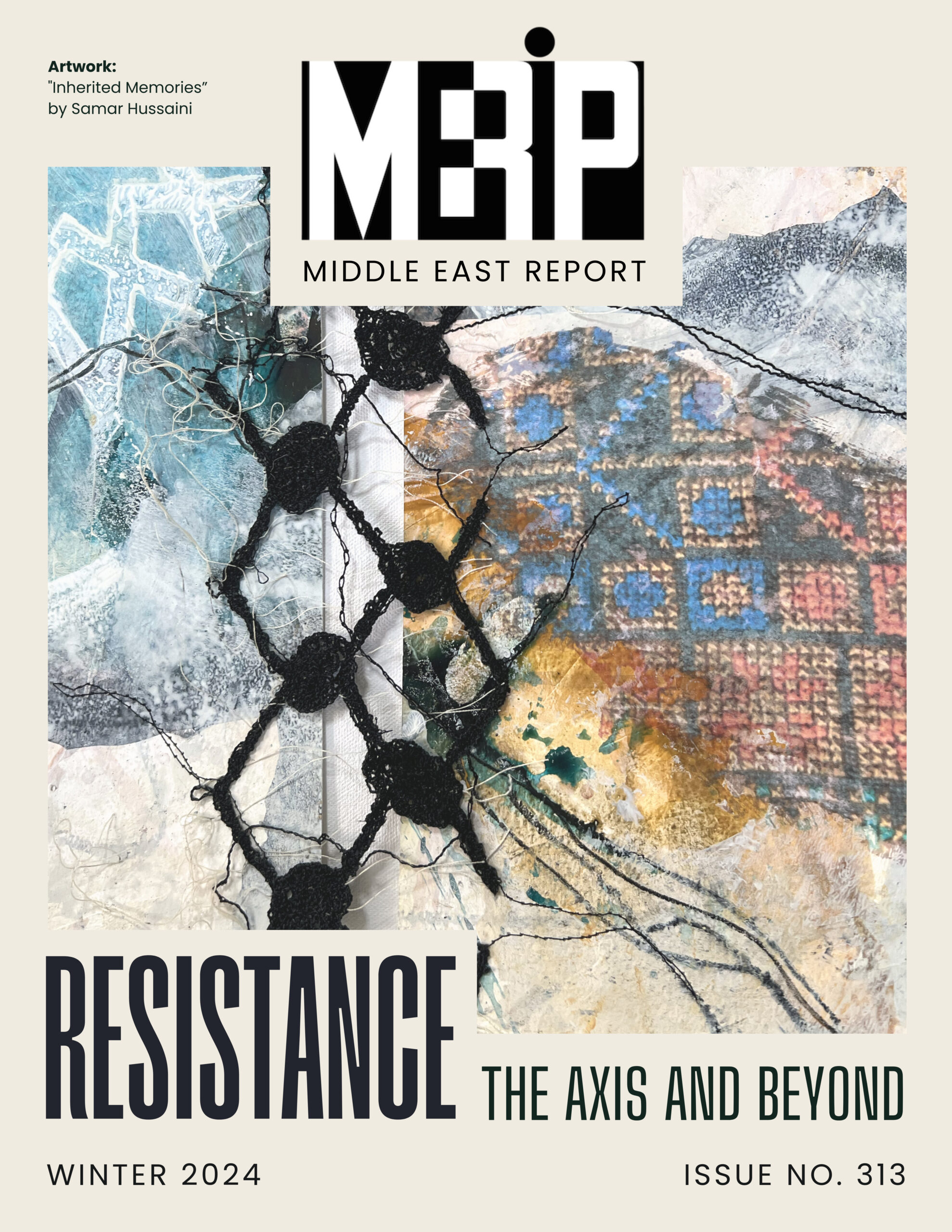IN THIS ISSUE:
Editor’s Picks (Fall 2014)
Amer, Sahar. What Is Veiling? (Chapel Hill, NC: University of North Carolina Press, 2014).
Baron, Beth. The Orphan Scandal: Christian Missionaries and the Rise of the Muslim Brotherhood (Stanford, CA: Stanford University Press, 2014).
Brand, Laurie A. Official Stories: Politics and National Narratives in Algeria and Egypt (Stanford, CA: Stanford University Press, 2014).
Cole, Juan. The New Arabs: How the Millennial Generation Is Changing the Middle East (New York: Simon & Schuster, 2014).
Evrard, Amy Young. The Moroccan Women’s Rights Movement (Syracuse, NY: Syracuse University Press, 2014).
Mahsa Shekarloo
Mahsa Shekarloo (1970-2014), Iranian feminist, human rights advocate and MERIP contributor, lost her two-year struggle against lymphoma on September 5. She was laid to rest in Oakland, California, surrounded by numerous friends and her loving family, including her son Borna, 5, and her husband Sohrab Mahdavi, editor of the Tehran Avenue website, and also a MERIP contributor and prominent activist.
Contesting Welfare State Politics in Kuwait
In October 2013, Kuwait’s Prime Minister Jabir al-Mubarak introduced his government’s agenda with a bombshell — that “the current welfare state to which Kuwaitis are accustomed is not viable.” [1] Government projections estimate that expenditures will exceed oil revenues in only a few years if spending continues at the current rate. Analysis by the International Monetary Fund confirms that this event could happen as early as 2017. [2] The following month, the government declared it would review $16 billion in annual subsidies on goods and services, a spending program that accounts for 22 percent of the budget.
Umm ‘Abdallah
There is a name whispered in opposition circles in Syria — an insurance policy against what after three years of conflict seems inevitable. If you are injured very badly, there are two imperatives: Get to the Jordanian border. Then, get to Umm ‘Abdallah.
“She’s the one,” says Muhammad ‘Ali Shamboun, a limping young man from Dar‘a now living in Amman. He motions to the unimposing woman, about ten feet away, whose succor he has been awaiting for two years. “If she says, ‘Do this operation,’ it’s done.”
CURRENT ANALYSIS
Under-the-Radar Palestinian Connections
With intensity unknown since the second intifada and at a daily cost of $12 million to the Hebron economy alone, Israel is cracking down on the West Bank in its search for three missing Israeli settler youth. The result is a growing Palestinian chorus: Stop Israeli-Palestinian “security coordination.”
Refugee Need and Resilience in Zaatari
Not surprisingly, a visit to the Zaatari camp for Syrian refugees in northern Jordan is mainly a depressing experience. Yet there are elements of inspiration here as well.
Justice for Rasmea Odeh
This past winter, I was privileged to participate in several events in Chicago organized by Rasmea Yousef Odeh, associate director of the Arab American Action Network and leader of that group’s Arab Women’s Committee. The events brought together anywhere from 60-100 disenfranchised women, all recent immigrants, from nearly every Arabic-speaking country. The attendees were there to learn English, share meals and stories, and discuss personal struggles, in everything from marriage and parenting to navigating the US educational and medical industries and the US immigration system. The women also talked about fending off racism.
LATEST ISSUES
FEATURED PRIMER

Primer: Palestine-Israel
Read the newest iteration of MERIP’s Palestine primer. Published in March 2025, and updated to reflect developments in the ten years since our previous primer, it provides an overview of key actors, organizations, historic events, political developments and diplomatic initiatives that have shaped the status and fate of Palestinians and the State of Israel from the late nineteenth century to the present.


